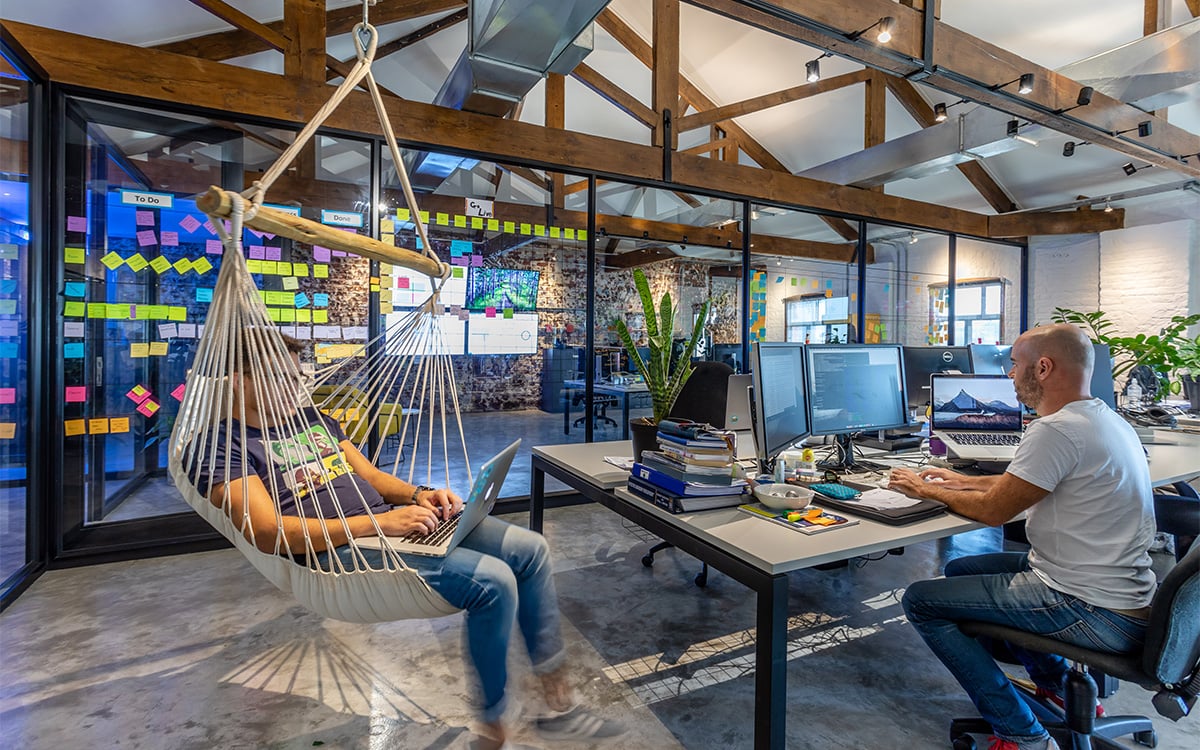
It’s a real shame when a skilled candidate can’t give us a sense of their past achievements and their future potential in an interview – we hope this post will help give you all the tools you need to nail your next interview.
A few months ago, our Software Development Manager, Zayd Hendricks, passed on a few tips on How to Conquer a Tech Interview. As Electrum continues to grow and search for new talent, we thought we’d give you a little more detail on our interview process.
Step 1: The Selection Process 15 – 20-minute screening call
We receive your CV and transcripts of your tertiary qualifications in response to an advertised position. If you’re a suitable candidate, we’ll set up a call to gather info, including your current Key Performance Areas, salary expectations and your notice period. Remember, this is also an opportunity for you to ask questions about our clients, the role, career growth opportunities and so on. Once you meet our minimum criteria, you’ll proceed to the next round.
Step 2: The Technical Interview 1.5 – 2 hours
We’ve called this the Technical Interview, but for non-technical roles, you’ll go through this stage too, with relevant questions. For techies, the tips around STAR technique will be useful to you too.
Developers are put through their paces with practical problem solving on a white board. Tip: talk through your thinking out loud – it helps us understand your thought process, which can be more useful to us than your final answer. Refer to Zayd’s blog post for more advice on this part of the interview. You should also be prepared for a few theory questions around inheritance, object-oriented programming and data structures.
For non-technical roles, we use this interview to discover your career history, competencies and goals. Our questions might probe past professional behaviours, or present hypothetical situations for you to describe how you might react. It’s really helpful to have a structure to follow when answering these questions, and the STAR method (Situation, Task/Target, Action, Result) offers just that – you’ll avoid rambling, unfocused answers that way.
For both the technical and non-technical roles, we’ll ask a range of questions, some challenging and some easy. After the interview, we should have a sense of your career story.
Step 3: The Cultural Interview 1.5 – 2 hours
If you’re through the first two interviews, we’ll want to make sure you’re a good fit for the company. Electrum places great emphasis on relationships – good ones make for better communication and performance, as well as creating a harmonious environment. It’s important for you to feel it’s the right fit, too. Job satisfaction is based largely on candidates’ abilities to form relationships with their colleagues.
Prepare, prepare, prepare
-
Do some research on Electrum
-
Talk to people you know who work at Electrum – they’ll be able to give you a different perspective about the role and the company
-
Think about what interests you about the role, then tell us – show curiosity and enthusiasm
-
Use the STAR method to formulate answers beforehand
-
Use examples to demonstrate how our company values and principles align with yours
-
Know your strengths and weaknesses and steps taken to improve them – self awareness and self confidence are key to coming across well
-
Do a mock interview with a friend to calm your nerves and improve your answering technique
-
Prepare a few questions of your own – you could ask about the culture, the role, growth opportunities, challenges
-
Finally, if there is something you don't know, it’s OK – don’t make it up
Good luck with your next interview! Check our Careers page for current opportunities.
Electrum Software
Electrum is the next-generation payments software company, powering payments for banks and retailers. Since 2012, we have established ourselves as a respected software partner through our deep expertise and track record in delivering trusted cloud-native payments solutions.
Electrum Newsletter
Quarterly insights and news to help you keep up with the latest changes in the payments landscape







-Nov-21-2023-06-46-38-9442-AM.png)